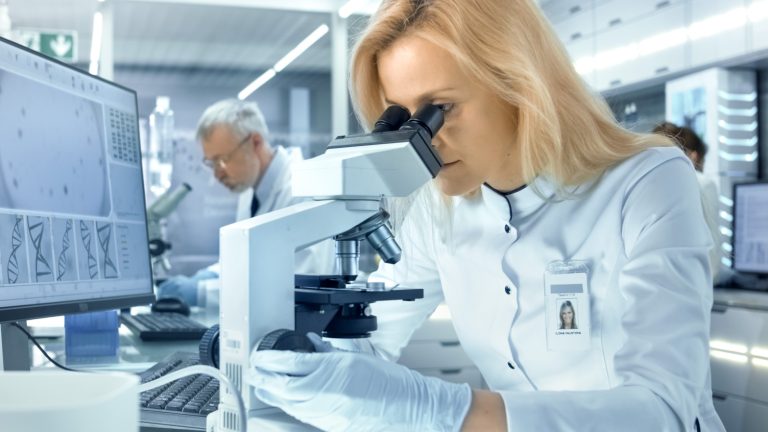DNA is a vast repository of information with huge potential to change our lives. From ancestry and disease risk to optimising our lifestyle and learning about our microbiome – discover how we can directly benefit from the knowledge in our DNA.
Meet your tenants
Did you know that you share your body with trillions of tiny organisms? They live on your skin, in your mucous tissues, in your gut, and mouth. Most of them are bacteria, but there are also viruses and fungi.
The majority of those buggers are friendly, providing you with benefits in exchange for having a home. Infections, to use of antibiotics and even your diet can disturb the balance in your body and impact the normal functioning of your symbiotic microbes.
Science has just begun diving into the importance of microbiota, but one thing has been clear from the beginning – the microbes you carry have a profound influence on key aspects of your life – nutrition, immunity, behaviour, and diseases.
Research has linked changes in microbiota to many disease states. They include asthma, autism, cancer, celiac disease, diabetes, heart disease, multiple sclerosis, and obesity.
Recent scientific advances are helping us better understand our resident microbes and identify the differences between healthy and diseased states.
We are currently offering MyOral microbiome test. It helps you assess your oral hygiene and provide nutrition and lifestyle recommendations to improve it.
Humanity has just started cracking the life code that is DNA, and judging by how significant improvements the discoveries have already brought, information coded in our DNA will continue to impact our lives in the future.

Sources:https://www.ncbi.nlm.nih.gov/pmc/articles/PMC3340594/https://www.hsph.harvard.edu/nutritionsource/microbiome/https://www.medicalnewstoday.com/articles/307998#why-is-the-human-microbiota-important https://wyss.harvard.edu/technology/dna-data-storage/https://www.scientificamerican.com/article/dna-data-storage-is-closer-than-you-think/https://www.researchgate.net/publication/324945710_DNA_as_a_digital_information_storage_device_hope_or_hype














.jpg)





